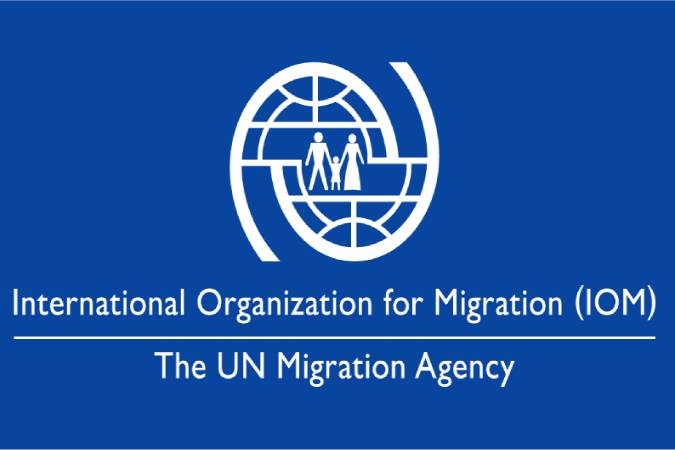International Organization for Migration(IOM), in partnership with Sri Lanka’s Ministry of Justice, Human Rights and Legal Reforms, has launched a public information campaign funded by the US State Department’s Office to Monitor and Combat Trafficking in Persons to combat human trafficking.
The new campaign follows nearly two decades of IOM support for Sri Lankan government efforts to address the scourge of human trafficking.
The majority of cases IOM Sri Lanka comes across have been subjected to labour exploitation in the Middle East, particularly in Kuwait, Saudi Arabia and Oman. Most victims migrate for employment as domestic workers. But there have been also instances where men have been subjected to labour exploitation in Singapore and Malaysia in the construction sector. In 2018, 12 Sri Lankan fishermen were trafficked to Somaliland where authorities, in collaboration with IOM, rescued them.
Trafficking in persons is now a punishable crime under the country’s Penal Code and Sri Lanka ratified the UN Protocol to Prevent, Suppress and Punish Trafficking in Persons – particularly of Women and Children – in 2015. The country’s National Anti-Human Trafficking Task Force comprises 18 government agencies led by the Ministry of Justice.
Sri Lanka’s National Strategic Action Plan to Monitor and Combat Human Trafficking sees raising public awareness as key. As part of the new campaign, IOM will help the Ministry of Justice to produce TV and radio ads to alert people to sexual and labour exploitation.
IOM has produced TV and Radio advertisements highlighting trafficking from rural areas to the cities for sexual exploitation and trafficking for labour exploitation across the borders.
Awareness will also be raised through street theatre, billboards and other visibility materials to reach out at the grassroots level.
According to IOM Sri Lanka Chief of Mission Sarat Dash, the campaign will need to engage with Sri Lankan society as a whole.
“The complexity of the crime, difficulty in identifying victims, challenges in prosecuting perpetrators and the ever-changing nature of the crime itself, requires a collective response from the government, civil society and a broad range of stakeholders,” he said.
(LI)

